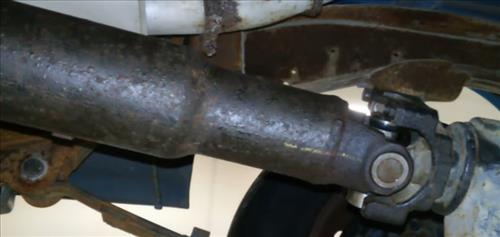
If you have a rear-wheel drive vehicle and the driveshaft is making a clunking noise, it can be caused by different components.
The driveshaft works with several components that will need to be examined to see which one has failed.
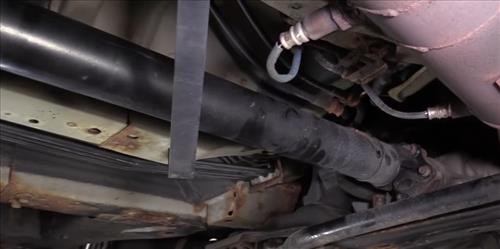
The main components include U-joint, differential gears, bearings, and more.
Any noise being made by the driveshaft should be examined as a failed part can leave the driver stranded.
Other noises such as whirring, grinding, and any vibrations can also help to find the source of the sound.
5 Causes for Driveshaft Clunk Noise When Accelerating or Decelerating
- Bad U-joint
- Differential Gear Failing
- Bad Axel or Wheel Bearing
- Loose Component
- Loose Lug Nuts
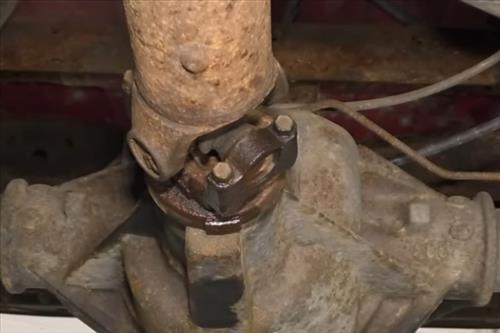
When a U-joint starts to fail, it can make a clunking noise when first accelerating and sometimes when decelerating.
There will also often be a vibration while the vehicle is moving.
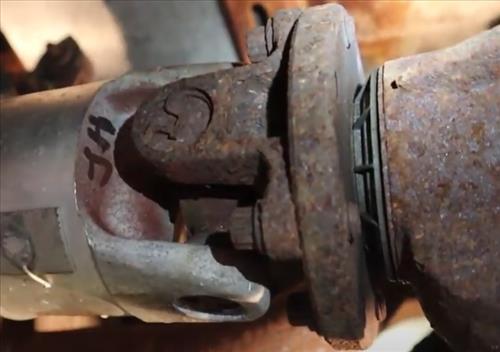
The U-joint connects to the differential and allows the driveshaft to spin at an angle.
When it fails, it is necessary to have it fixed since if it completely fails; the vehicle can lose the drive-line leaving the driver stranded.
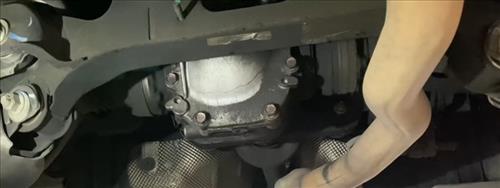
The differential houses gears that transfer power to the wheels.
If a gear becomes damaged or loose, it can make a clunking noise.
For example, the pinion gear is one such gear that, if loose, causes a clunking noise.
When a gear goes bad, often there will be metal shavings inside the differential case.
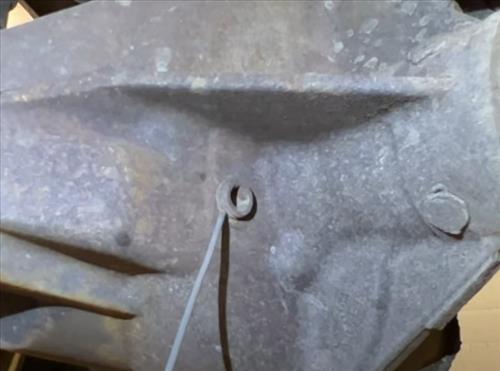
The oil fill plug can be removed and checked for any metal shaving. If there are metal shavings, there is likely a problem with one of the gears.
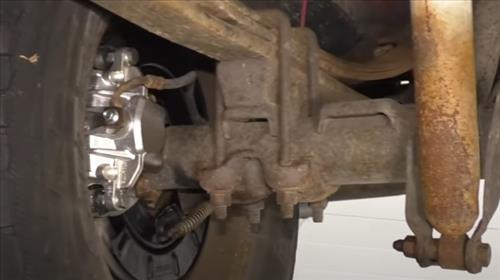
A bad axle can cause noises which usually is a constant whirring sound.
In some cases, they can also cause a clunking noise when first moving or coming to a stop.
When an axle wheel bearing fails, the area will heat up and can be felt.
If the area around the bearing is very hot, it has likely failed and needs to be replaced.
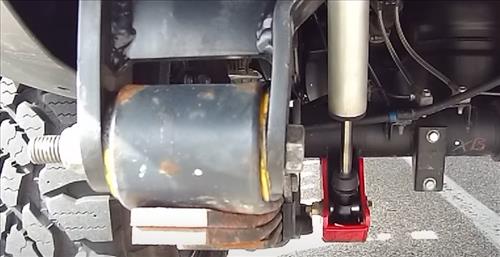
Any loose component from the driveshaft to the tires can make a noise if loose.
For example, a leaf spring with a loose bolt can make a clunking sound as it shifts about.
All the bolts can be checked and examined to see if any are loose.
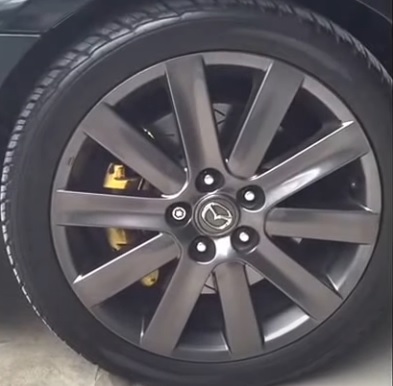
While rare, if the lug nuts become loose, the rim may be making a clunk sound.
Check all the tires with a tire iron to be sure the lug nuts are all tight.
Summary
A driveshaft that is making a clunking sound when accelerating or decelerating will need to be fixed.
If a driveshaft component fails, it should be fixed; otherwise, it can leave the driver stranded.
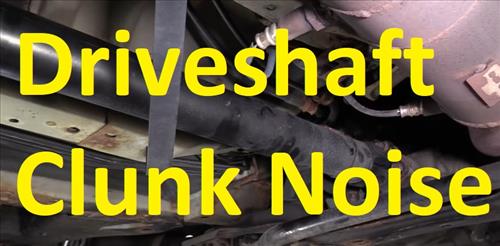
Common causes include a bad U-join, differential gear, bearings, and more.
Each component will need to be examined to see which has failed and which needs to be fixed.
Have you had a driveshaft making a clunking sound when accelerating or decelerating? Let us know your thoughts below.